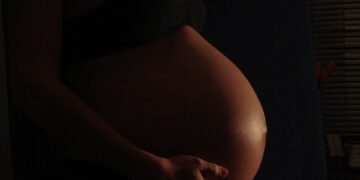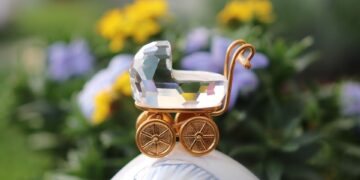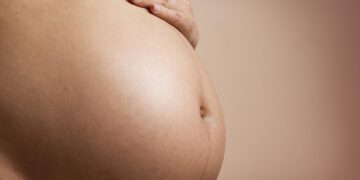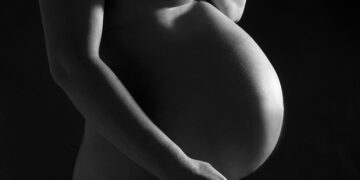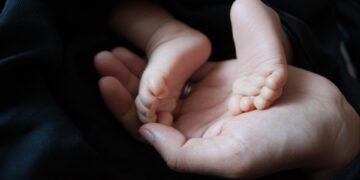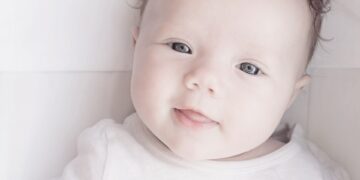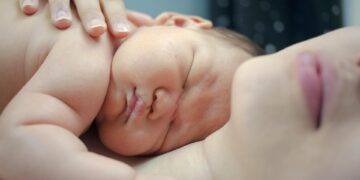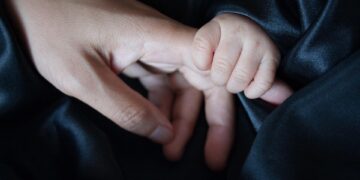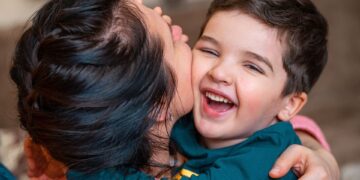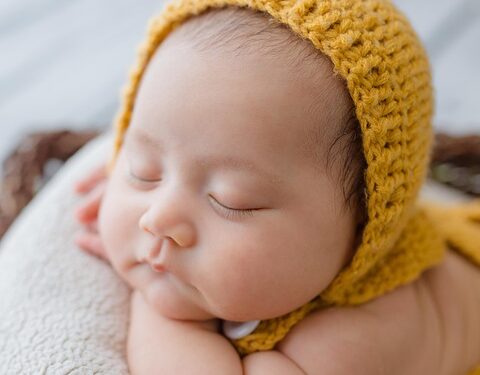Baby’s Bright Smile: The Ultimate Guide to Oral Hygiene for Infants
Ensuring good oral hygiene for your baby is essential for their overall health and well-being. While babies may not have teeth yet, it is still important to take care of their gums and mouth to prevent any oral health issues. In this comprehensive guide, we will cover everything you need to know about oral hygiene for infants, from cleaning their gums to when and how to start brushing their teeth.
Why Oral Hygiene is Important for Infants
Many parents may not realize the importance of oral hygiene for infants, as they do not have teeth yet. However, taking care of your baby’s gums and mouth from an early age can help prevent oral health issues in the future. By establishing good oral hygiene habits early on, you can help ensure that your baby grows up with a healthy smile.
Cleaning Your Baby’s Gums
Before your baby’s teeth start to come in, it is important to clean their gums regularly. You can do this by using a clean, damp washcloth or gauze to gently wipe their gums after feedings. This will help remove any bacteria or residue that may be left behind and prevent any potential issues with their oral health.
When to Start Brushing Your Baby’s Teeth
Once your baby’s teeth start to come in, usually around six months of age, it is time to start brushing. You can use a soft-bristled toothbrush specifically designed for infants and a small amount of fluoride toothpaste (about the size of a grain of rice). Brush your baby’s teeth twice a day, once in the morning and once before bed, to help prevent tooth decay.
Common Questions About Oral Hygiene for Infants
Do I need to clean my baby’s gums if they don’t have teeth yet?
Yes, it is still important to clean your baby’s gums even if they do not have teeth yet. This will help remove any bacteria or residue that may be left behind after feedings and prevent any potential issues with their oral health.
How often should I brush my baby’s teeth?
You should brush your baby’s teeth twice a day, once in the morning and once before bed. Use a soft-bristled toothbrush specifically designed for infants and a small amount of fluoride toothpaste to help prevent tooth decay.
When should I schedule my baby’s first dental visit?
You should schedule your baby’s first dental visit within six months of their first tooth coming in, or by their first birthday. This will help ensure that their oral health is on track and allow the dentist to provide any necessary guidance or recommendations.
Tips for Maintaining Good Oral Hygiene for Infants
Here are some additional tips to help you maintain good oral hygiene for your baby:
Limit sugary drinks and snacks:
Try to avoid giving your baby sugary drinks or snacks, as these can contribute to tooth decay. Stick to water or milk for drinks, and offer healthy snacks like fruits and vegetables.
Avoid putting your baby to bed with a bottle:
Putting your baby to bed with a bottle can lead to tooth decay, as the sugars from the milk or formula can pool in their mouth overnight. Try to wean your baby off the bottle before bedtime to help protect their teeth.
Regular dental check-ups:
Regular dental check-ups are important for monitoring your baby’s oral health and catching any issues early on. Schedule regular visits with a pediatric dentist to ensure that your baby’s smile stays healthy.
Conclusion
Good oral hygiene is essential for your baby’s overall health and well-being. By establishing good oral hygiene habits early on, you can help prevent oral health issues and ensure that your baby grows up with a healthy smile. Remember to clean your baby’s gums regularly, start brushing their teeth once they come in, and schedule regular dental check-ups to keep their smile bright and healthy.
With these tips and information, you can confidently care for your baby’s oral health and set them up for a lifetime of good dental habits. Here’s to a bright smile for your little one!


